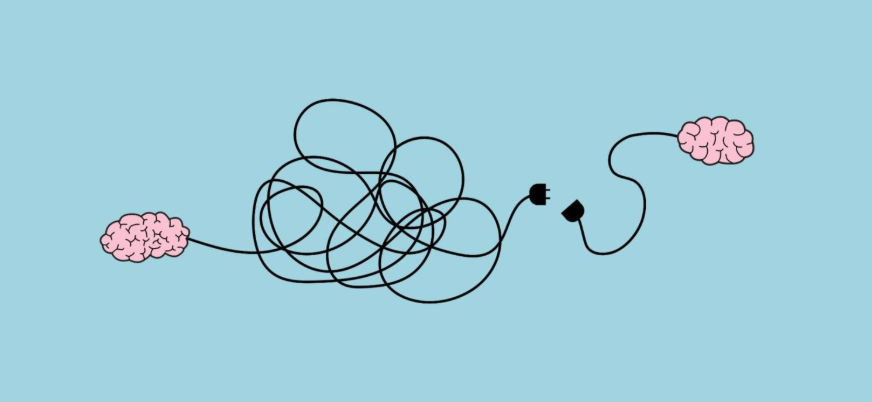
Mindfulness-Based Support for Seniors and Caregivers
October 1, 2025
Funding Your Counselling: How to Access Affordable Options
October 18, 2025Thanksgiving is often portrayed as a cozy time for family, food, and gratitude. However, it can also bring up complex emotions. Juggling family expectations, travel logistics, and the unspoken rule to be cheerful can feel overwhelming and exhausting. Acknowledging these challenges is the first step toward supporting your mental health and finding balance this holiday season.
Understanding Holiday Stress
Thanksgiving may bring happiness for some, but it’s not all pumpkin pie and gratitude. Common stressors include:
- Family dynamics: long discussions, awkward conversations, or old tensions resurfacing.
- Financial pressures: Cost of travel, gifts, or hosting can feel heavy.
- Travel logistics: Flights, traffic, and crowded grocery stores.
- Pressure to be a certain way: Feeling like you must be happy and grateful on cue.
These stressors can trigger irritability, anxiety, or overwhelm, especially if you’re prone to perfectionism or self-criticism (Allan et al., 2013). Some people may also feel discomfort or moral conflict when reflecting on Thanksgiving’s colonial history and its impact on Indigenous peoples. These reactions are completely normal, and giving yourself permission to feel them is a healthy first step.
Managing Anxiety and Stress
Here are some practical ways to keep your mental health in check during Thanksgiving:
- Grounding techniques:
- Deep breathing exercises
- Body scans or mindfulness meditation
- Noticing your surroundings and tuning into your senses
- Cognitive reframing:
- Challenge self-critical or perfectionist thoughts
- Remind yourself that “perfect” gatherings don’t exist
- Replace “I have to take care of everyone” with “I can enjoy the day too”
- Micro self-care moments:
- Short walks outside (bonus: fresh air and maybe a dog cameo)
- Journaling or jotting down thoughts during a quiet moment
- Mindful pauses during meals or conversations
- Set boundaries without guilt:
- Step back from interactions that feel overwhelming
- Limit time with people or situations that drain you
- Remember: boundaries build bridges, not walls. Giving yourself grace and space means you can give to other from a full cup, not an empty one.
- Practice gratitude your way:
- Write it, say it, or keep it in your head
- Focus on anything that feels meaningful: family, food, sunshine, or your dog!
- Gratitude has been shown to boost positive emotions and buffer stress (Allan et al., 2013; Nezlek et al., 2018)
Support Your Wellbeing Through Counselling
Counselling is a great way to navigate holiday stress, family conflict, or complex feelings about the season. Therapy can help you:
- Manage anxiety triggered by family interactions
- Reflect on your values and priorities
- Develop personalized self-care and gratitude practices
- Learn strategies for boundary-setting, stress management, and communication (Allan et al., 2013; Yu & Chaudhry, 2024)
Counsellors can provide a safe space to explore what matters most to you and help you approach the holiday with intention rather than obligation.
Finding Balance and Reflection
Remember, taking care of yourself is a valid (and important!) part of the holiday. Cultivating gratitude doesn’t mean ignoring difficult feelings—it’s a tool to build resilience and help you navigate the season with mindfulness and intention (Allan et al., 2013; Nezlek et al., 2018).
If Thanksgiving feels overwhelming or you want guidance on navigating family dynamics, our team at OK Clinical Therapy Group is here to help. Prioritizing your well-being is a meaningful way to honour both yourself and your relationships this season of reflection and connection.
Final Thoughts
Contact us directly to see how we may be able to help with accessible, quality counselling care. For more information, you can also see the following references used for this blog:
- Allan, B. A., Steger, M. F., & Shin, J. Y. (2013). Thanks? Gratitude and well-being over the Thanksgiving holiday among college students. The Journal of Positive Psychology, 8(2), 91–102. https://doi.org/10.1080/17439760.2013.776623
- Nezlek, J. B., Krejtz, I., Rusanowska, M., & Holas, P. (2018). Within-person relationships among daily gratitude, well-being, stress, and positive experiences. Journal of Happiness Studies, 20(3), 883–898. https://doi.org/10.1007/s10902-018-9979-x
- Yu, J., & Chaudhry, S. J. (2024). “Thanks, but no thanks”: Gratitude expression paradoxically signals distance. Journal of Personality and Social Psychology, 126(1), 58–78. https://doi.org/10.1037/pspi0000435

Written by: Lauren Lawrence
To book: Click Here!





